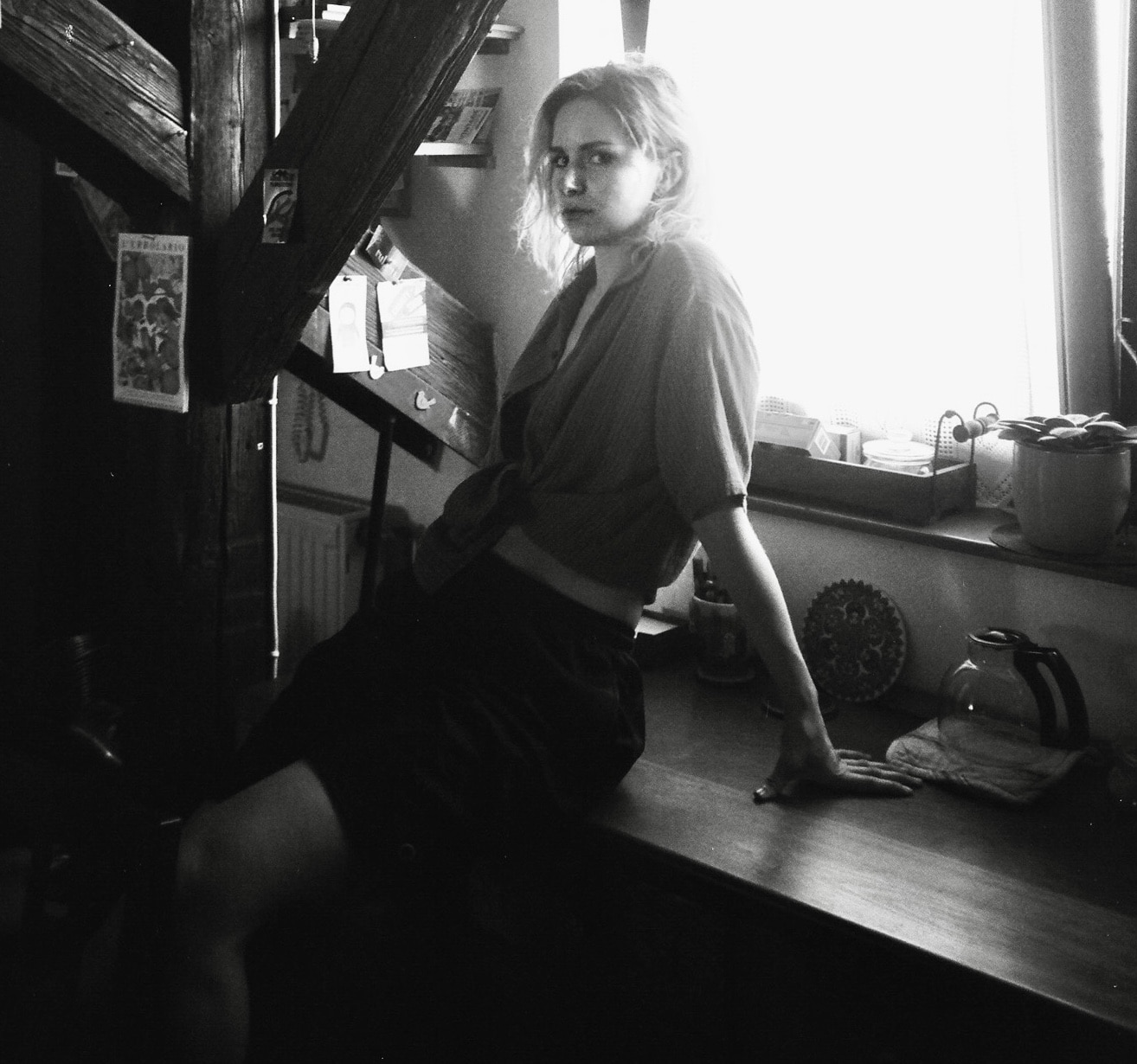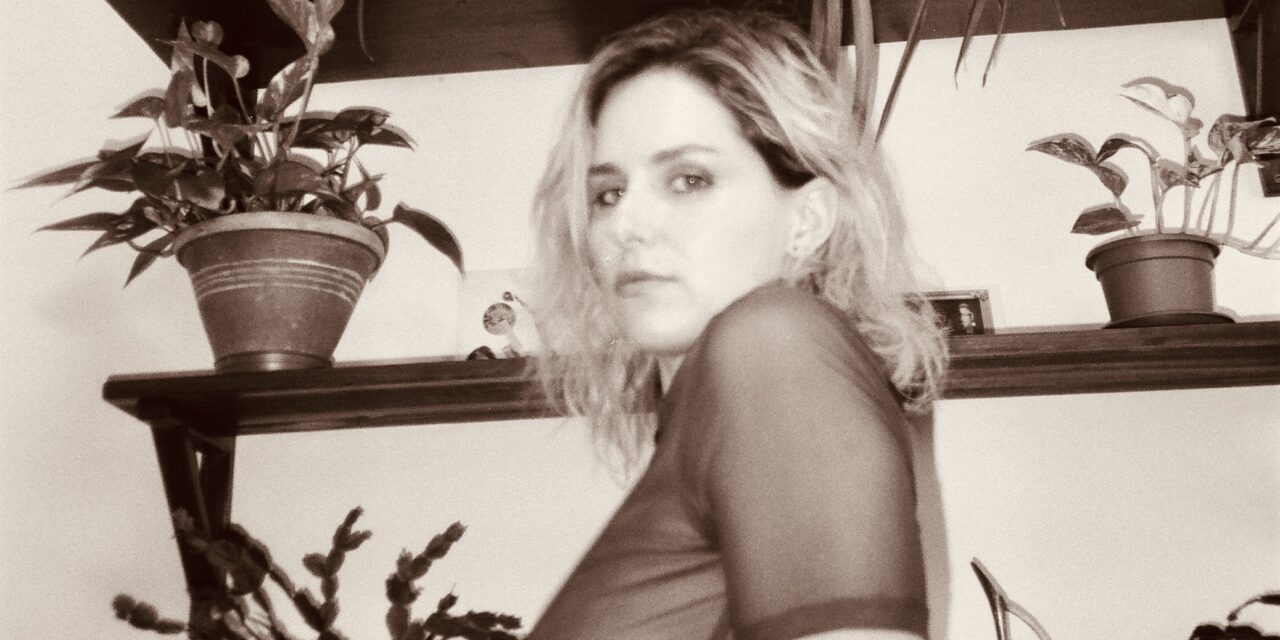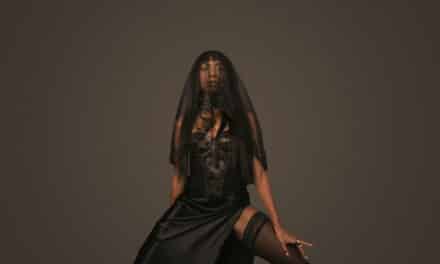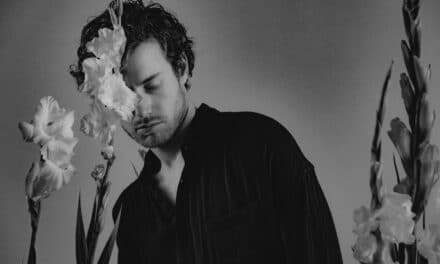Photo Credit: Jeremy Willie Cox
Anastave is a recording artist and producer based in Berlin. Her last release ‘Medicine’ was picked up by a significant amount of press and credited for being a refreshing take on modern electronic music. Her drive to experiment sets her apart from her peers and casts her in the realm of some of the most respected musicians, such as Massive Attack, Björk and Nicolas Jaar.
She has been carefully crafting her sound and developing her following since her debut album in 2016, but is now set to take on the next step of her career, marked by a maturity that can be heard in the double A side single. Focus single – ‘Better’ has been years in the making, but it needed more experience from Anastave before revealing itself at last. Conversely, ‘Fake Smile’ made its way through almost immediately, displaying the contrast in how creativity works. Similarly the tracks also display different sides of Anastave, showing feelings of needing to prove oneself in ‘Better’, and the need to heal in ‘Fake Smile’.
What inspired this release?
I’ve been releasing a number of singles in 2022 and wanted to do something a little different for my final release of the year. I thought these songs pair together really well. One is about the yearning to be someone you’re not — to try to change when you’re not ready (“Better”) — and one is about the regret you can feel when you’ve lost your opportunity to change, like you’re destined to be the person you don’t want to be anymore (“Fake Smile”).
What makes these songs special in your opinion?
These songs mean a lot to me and I hope they mean a lot to the people who get to hear them. One thing that makes them special is how they were made — exemplifying two different creative methods. “Better” was written years ago — at least the first four lines and some other sections — but I couldn’t quite finish it. I put it aside until this year, at which point it reappeared and kept circling around in my head. I knew I had to finish it so I sat down and made it happen. When I recorded it, with the benefit of experience and hindsight, I could feel the old me — as if I was writing from the perspective of the person I was back then.


“Fake Smile”, on the other hand, was written and finished almost immediately. I felt inspired and sat down to write and the whole thing just came out of me. The progression, lyrics, and melody just fell out of my head into my session. Those two methods — the push and pull of something emerging over years and something happening immediately — make these two songs very special to me. I hope people can hear the urgency and patience in each.
What is the lyrical content inspired by?
My own experiences, hopes and dreams — and fears. And as I said, it’s interesting looking back and seeing what I wanted then as opposed to what I want now.
How do you keep yourself inspired?
I keep myself inspired by staying curious. I write down my dreams, I take care to listen when people speak about theirs, I observe the things around me. I like giving a voice to something or someone that ordinarily would not have one.
What was your first exposure to music?
To be honest, listening to it in the family car! Or hearing it passively walking around — watching the way it transformed peoples’ moods.
What excites you about your life?
Obviously music excites me. Friends, family, new projects, travel. I get excited when people tell me that my music moves them. Cueing up a good (horror) film!
How would you describe your style in one word?
I’ve come up with the term lyrical electronic music which I’ve kind of just stuck with and I think it fits pretty well. So, “lyricalelectronicmusic”, in a word!
What are your next moves?
My sophomore album comes out in spring 2023 and I can’t wait! I also love composing music for film. Additionally, I’m curating a monthly event at Das Gift Berlin, showcasing local talent (Anastave’s Showcase). I work with Road Recovery, an organization connecting at-risk youth with artistic
expression, helping to write and produce their songs in order to empower their voices.





